Moving is not just about changing places; it’s about starting fresh — with the right people by your side.
If you’ve ever tried to relocate, whether it’s across the street or across the country, you know it’s not just about packing boxes. It’s about trust, timing, and finding the best movers who won’t turn your move into a nightmare.
In recent years, the demand for the top-rated moving companies has increased a lot. But not all movers are created equal. Some are professionals, while others are just a flashy website and a truck with no accountability. That’s why knowing how to find the best movers in the USA is compulsory.
Whether you're looking for residential moving services, comparing moving company reviews, or trying to avoid scams, this guide has everything you need to know.
Why Choosing the Right Mover Matters
When you're planning a move, it's easy to focus on the logistics, packing boxes, changing addresses, and setting up utilities. But one of the most important decisions you’ll make is choosing the right moving company.
And here’s why that choice can make or break your entire experience.
Your Belongings Deserve Care
You’re not just moving furniture; you’re moving valuables and essentials. A reliable mover knows how to handle fragile items, protect your property, and deliver everything safely. Choosing from top-rated movers means your belongings are in good hands.
It Impacts Your Budget
Moving isn’t cheap. The average cost of a long-distance move in the U.S. ranges from $2,500 to $7,500, depending on distance and services. Hiring the best movers helps you avoid hidden fees, last-minute charges, and overpriced services.
It Saves You Time and Stress
Professional movers streamline the process. From packing to transport, they handle the heavy lifting for you. The right team helps you stay on schedule and avoid unnecessary delays.
You Avoid Scams and Headaches
Unfortunately, not every mover is trustworthy. Choosing from recommended moving companies with verified credentials and strong moving company reviews protects you from fraud, damaged goods, or no-shows.
You Get the Services You Actually Need
Not all moves are the same. Some require storage, others need packing help or vehicle transport. The best-rated moving companies offer flexible options tailored to your situation. Whether you're looking for the best packers and movers or full-service relocation, the right mover makes it happen.
Step-by-Step Guide to Finding the Best Movers
Here’s a step-by-step guide that clearly walks you through the process to help you make the right call.
Step 1: Start with Local Research
Begin by searching for moving companies near me and narrowing down options based on your ZIP code. This helps you find movers who are familiar with your area and can offer tailored services.
According to ConsumerAffairs, there are over 16,851 moving enterprises across the U.S. as of 2024, so filtering by location is key. Use platforms like Google, Yelp, and My Good Movers to find movers with a strong online presence.
Step 2: Verify Licensing and Insurance
Before you even consider hiring a mover, check their credentials. For interstate moves, companies must be registered with the Federal Motor Carrier Safety Administration (FMCSA) and have a valid USDOT number. You can verify the top-rated long-distance moving companies on the FMCSA’s official site. For local moves, check with your state’s consumer affairs agency.
Step 3: Get Multiple Quotes
Don’t settle for the first estimate you receive. Contact at least three companies and ask for in-home or virtual surveys. This allows movers to assess your inventory and give accurate pricing.
Here’s a quick look at average long-distance moving costs:
| Home Size | Avg. Cost (Long-Distance) | Services Offered |
|---|---|---|
| Studio/1-Bedroom | $1,500 – $3,500 | Packing, storage, vehicle transport |
| 2-Bedroom | $2,500 – $5,000 | Full-service, long-distance specialist |
| 3-Bedroom | $3,000 – $6,500 | Fragile item handling, GPS tracking |
| 4+ Bedrooms (Large) | $4,500 – $8,500 | Residential and corporate moves |
Make sure you understand the difference between binding and non-binding estimates. A binding estimate locks in your price, while a non-binding one can change based on actual weight and services.
Step 4: Read the Fine Print and Ask the Right Questions
Before signing anything, ask about:
- What’s included in the quote?
- Are there any additional fees?
- What’s the cancellation policy?
- Do they subcontract any part of the move?
This is especially important when hiring the best packers and movers or companies offering reliable moving services. You want to know exactly who will be handling your items and what you’re paying for.
Step 5: Check Reviews and Ratings
Once you’ve narrowed down your list, go deeper into reviews. Look for feedback on:
- Timeliness
- Communication
- Handling of fragile items
- Final billing accuracy
Some sites, like BBB, offer verified reviews that can help you spot red flags. Companies with consistent praise are often among the best-rated moving companies in the country.
Step 6: Ask About Services That Match Your Needs
Not every move is according to the same pattern. Some require storage, others need packing help or vehicle transport. The best movers offer flexible packages that can be customized.
Common services include:
- Packing and unpacking
- Furniture disassembly/reassembly
- Temporary storage
- Auto transport
- Real-time tracking
If you’re moving cross-country, ask how long-distance movers work and what delivery windows they offer. Most companies provide shared truck space to reduce costs, but that can affect delivery timing.
Step 7: Confirm Availability and Book Early
Peak moving season runs from May to September. During this time, demand is high and prices can increase. Booking 6–8 weeks in advance gives you access to top-rated moving services and better rates.
If you’re moving off-season (October to April), you might get discounts and more flexible scheduling from affordable long distance moving companies.
Step 8: Review the Contract Carefully
Before finalizing your booking, read the contract line by line. Make sure:
- All services are listed
- The estimate is clearly defined
- Insurance coverage is explained
- Delivery dates are confirmed
This step ensures you’re protected and working with one of the best movers who values transparency.
Step 9: Prepare for Moving Day
Once you’ve booked your mover, start prepping:
- Declutter and donate items you don’t need
-
Label boxes by room and content
- Keep essentials (medications, documents, chargers) with you
- Take photos of valuable items for insurance
Communicate clearly with your mover about parking, access points, and any special instructions. A smooth moving day starts with good planning and a reliable team.
How to Book Your Move?
Once you’ve chosen a reputable moving company, the next step is locking in your move date. Here's how to book smart and know what to expect.
Ideal Timeline for Booking
The earlier you book, the better your chances of securing your preferred date and rate. Here's a quick breakdown:
| Type of Move | Ideal Booking Window | Notes |
|---|---|---|
| Local Move | 4–6 weeks in advance | More flexibility in off-peak seasons |
| Long-Distance Move | 6–8 weeks in advance | Movers need time to plan logistics |
| Peak Season (May–Sept) | 8+ weeks in advance | High demand = limited availability |
| Last-Minute Move | 1–2 weeks (if possible) | Expect higher rates and fewer options |
Tip: Booking early can help you lock in lower rates, secure custom services (like packing or storage), and reduce last-minute stress.
What to Expect During the Booking Process
Booking your move isn’t just about picking a date; it's a multi-step process that sets the tone for your entire relocation.
Here’s what typically happens:
Requesting Estimates
You’ll start by requesting quotes from multiple movers. Most companies offer free virtual or in-home surveys to assess your inventory and provide accurate pricing.
Reviewing Services
Movers will outline what’s included: packing, loading, transport, insurance, and any add-ons like storage or specialty item handling.
Signing the Contract
Once you choose a mover, you’ll receive a written agreement detailing:
- Pickup and delivery dates
- Services included
- Total cost and payment terms
- Cancellation policy
Always read the fine print before signing.
Preparing for Moving Day
After booking, you’ll get a checklist or timeline from your mover. This may include:
- Packing deadlines
- Supply recommendations
- Address change reminders
- Insurance options
Bonus: Some top-rated movers offer digital dashboards to track your move, communicate with your coordinator, and manage documents in one place.
Tips for a Smooth Move
Even with a solid plan, moving day can still feel overwhelming. These practical tips will help you stay in control and avoid common moving-day stressors.
Pack Your Essentials Separately
Before the chaos begins, set aside a personal bag with everything you’ll need for the first 24 hours in your new home. You can add toiletries, medications, chargers, a change of clothes, and any important documents in it.
Prepare Your Appliances Ahead of Time
If you’re bringing large appliances like a fridge, freezer, or washing machine, make sure they’re ready to go. Defrost and dry them at least 24 hours before the move and secure any loose cords or hoses.
Do a Final Walkthrough
Once everything is loaded, take a few minutes to walk through your old space. Check closets, cabinets, under furniture, and outdoor areas. It’s surprisingly easy to leave behind small but important items like chargers, shoes, or tools.
Label with Intention
Instead of generic labels like “Kitchen” or “Bedroom,” try adding context. For example, “Kitchen – Unpack First” or “Bedroom – Off-Season Clothes.” This helps you prioritize what gets unpacked first and makes the process more efficient.
Give Yourself Breathing Room
Don’t schedule anything major the day after your move. Whether it’s work, social plans, or errands, give yourself time to decompress and settle in.
Make a Plan for Kids and Pets
If you have children or pets, moving day can be especially chaotic. Arrange for a sitter, daycare, or a quiet room where they can stay safe and calm.














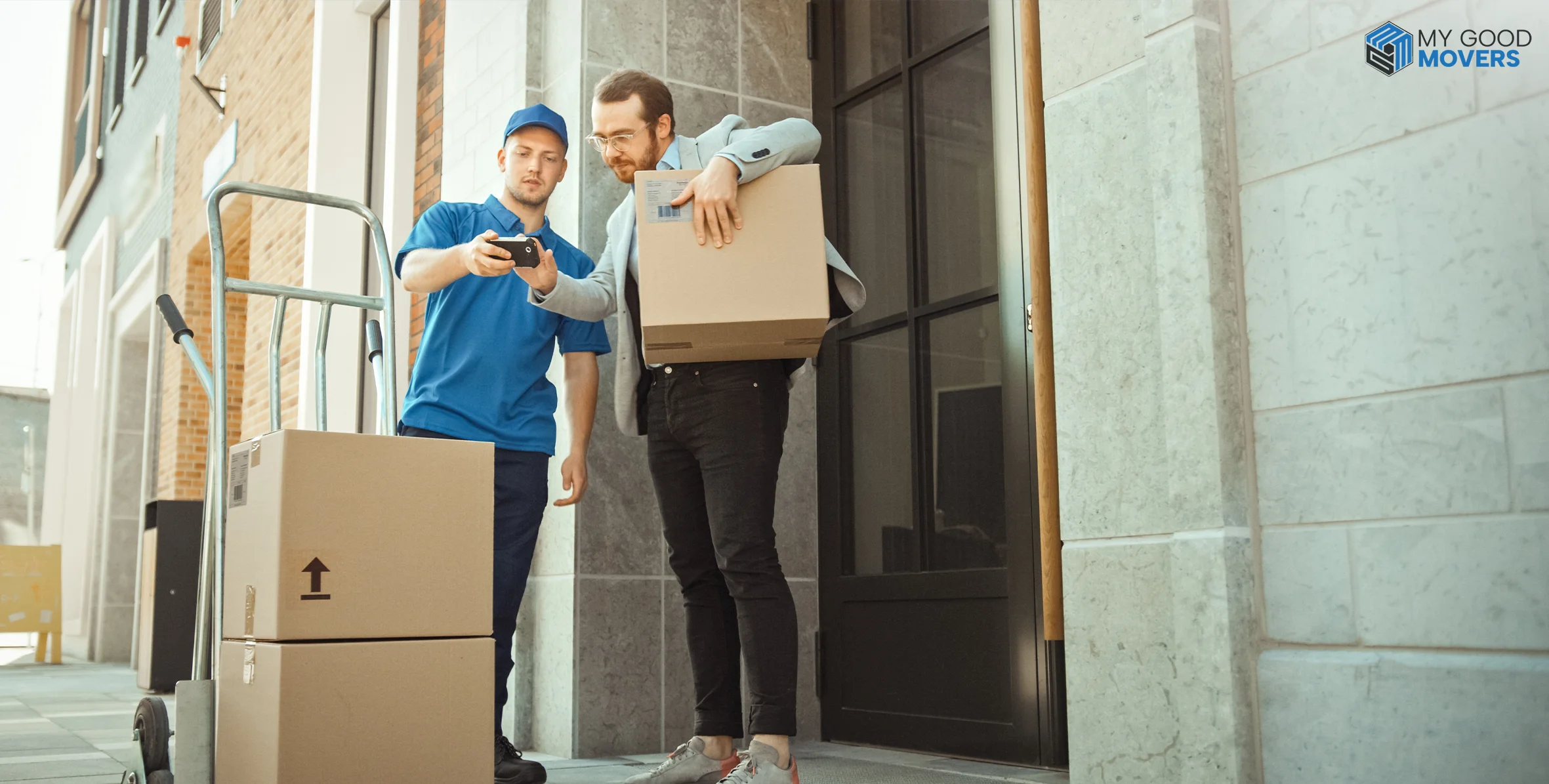



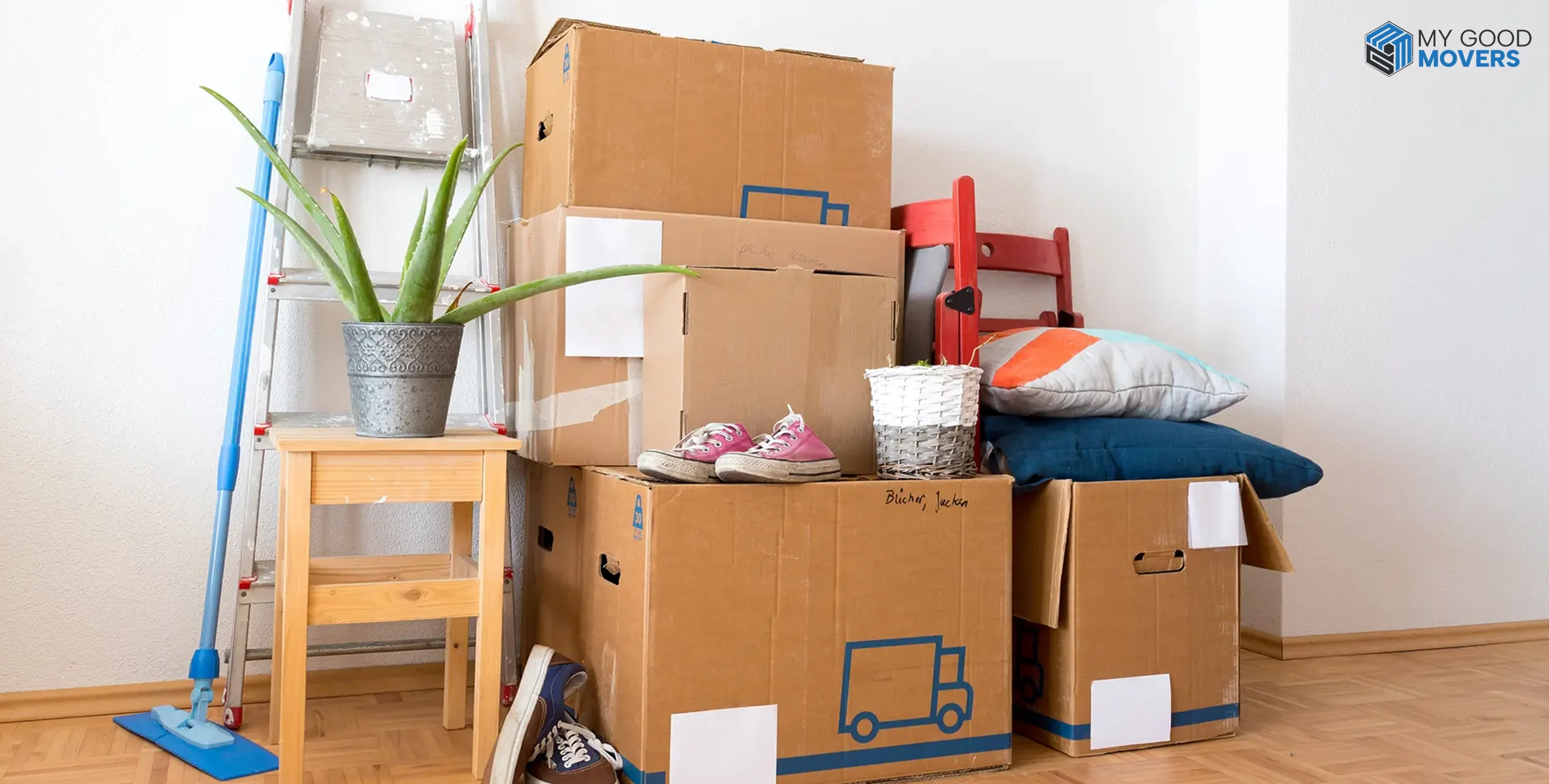









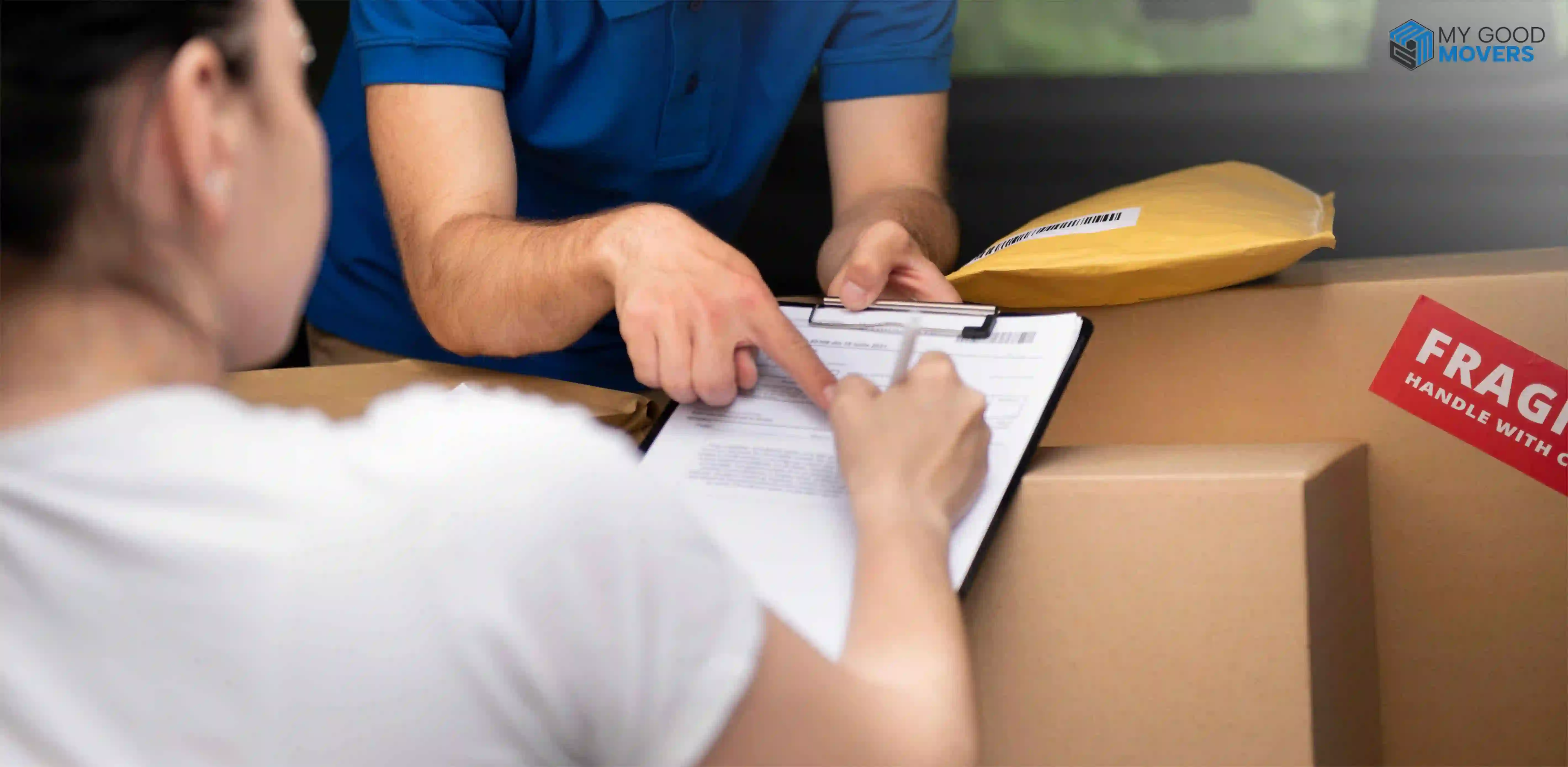






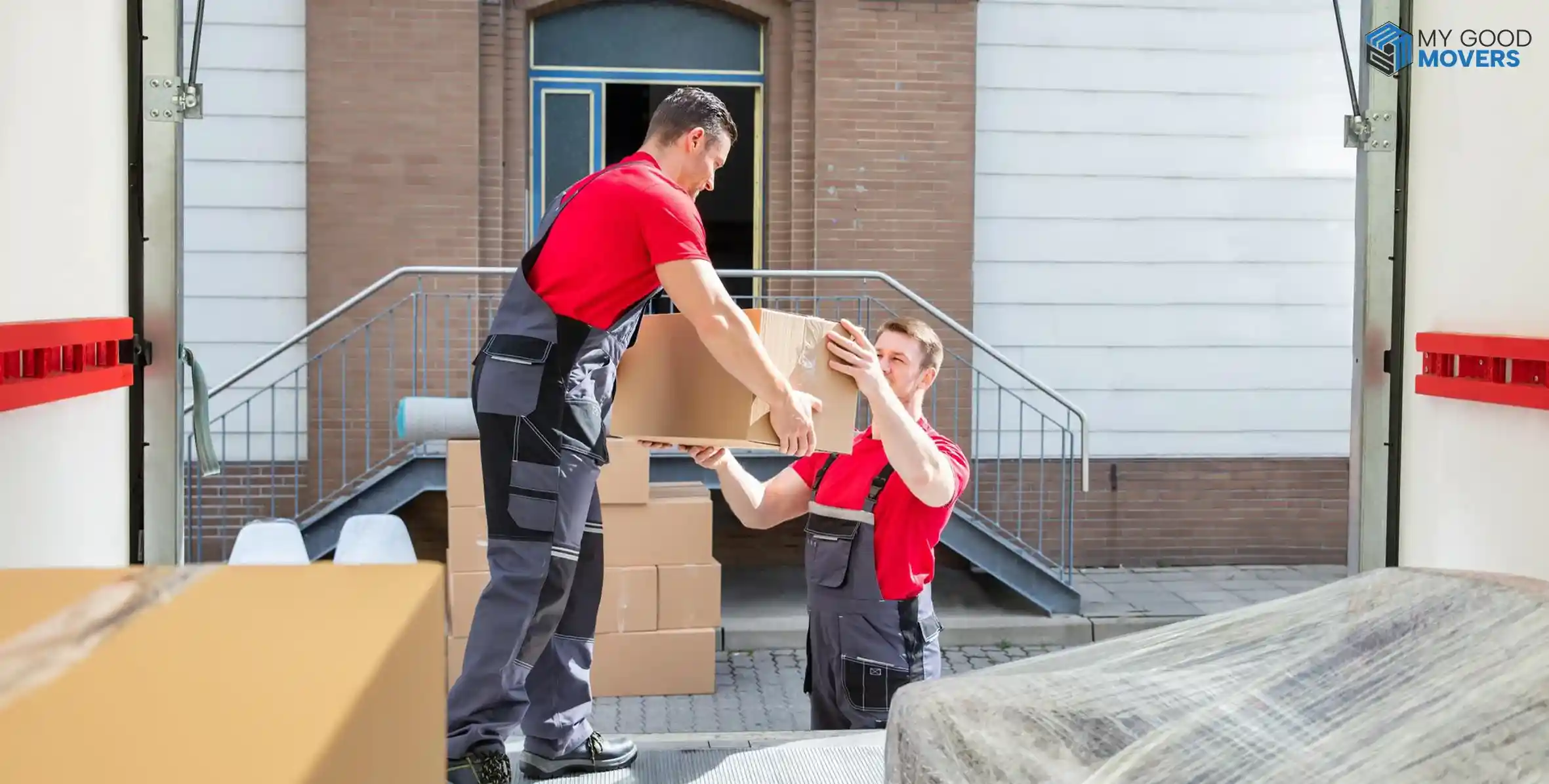




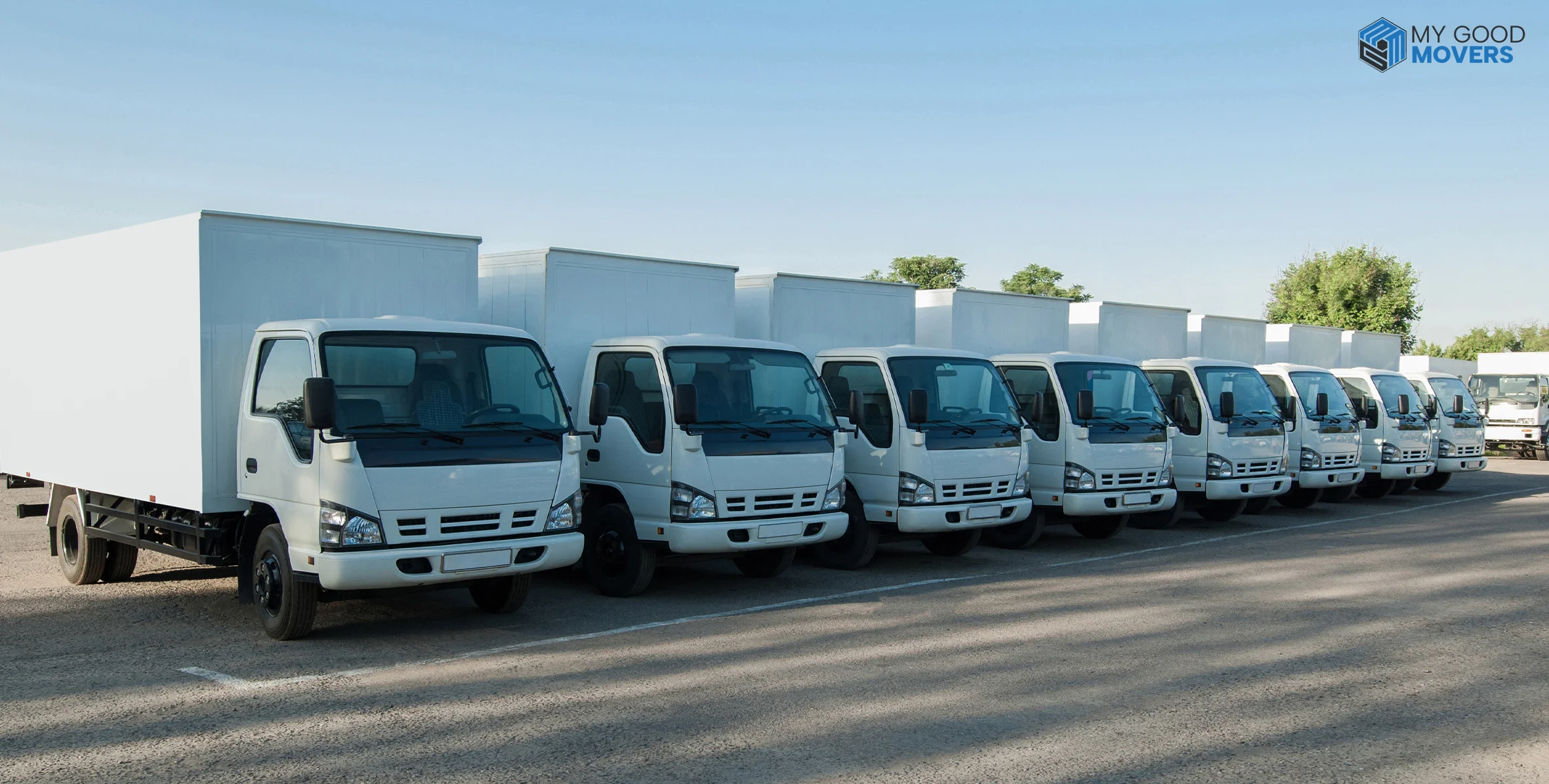













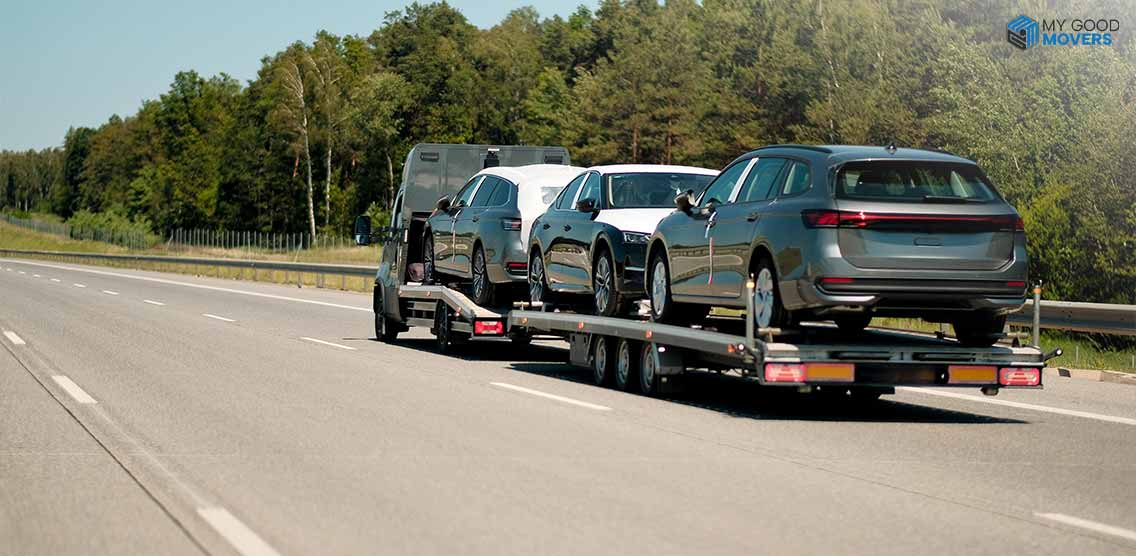
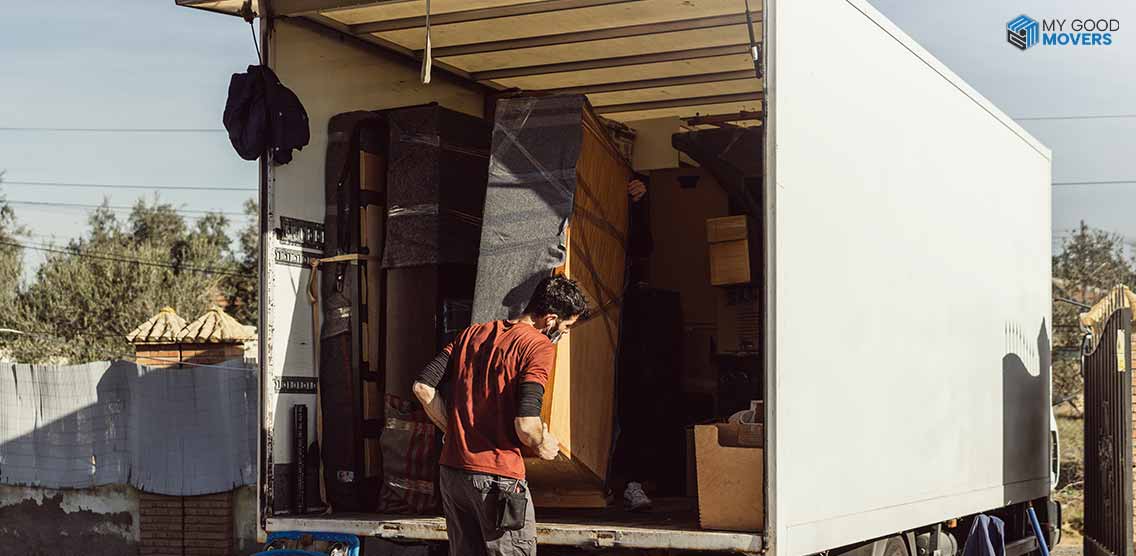
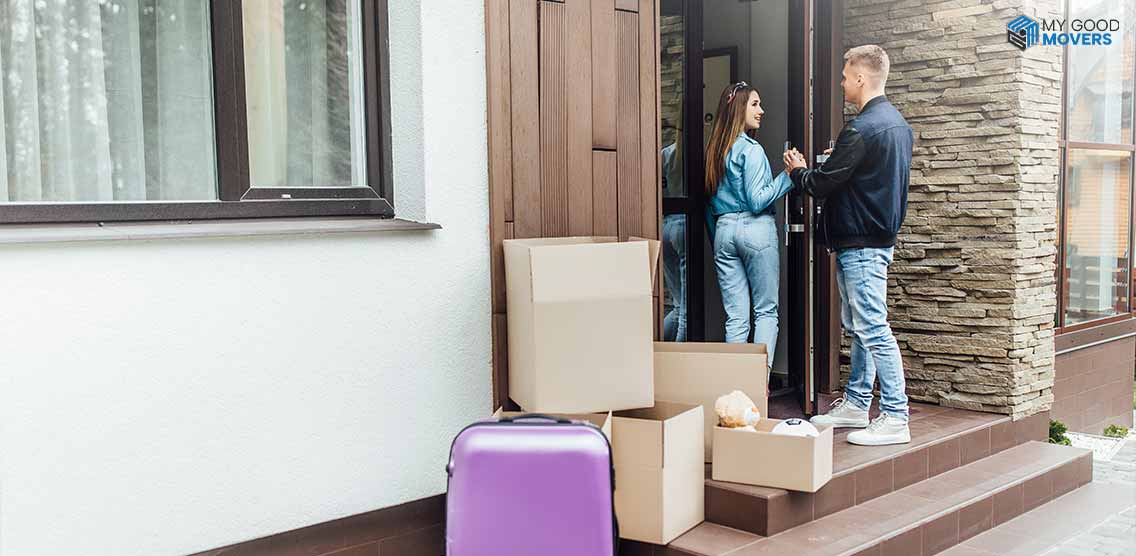


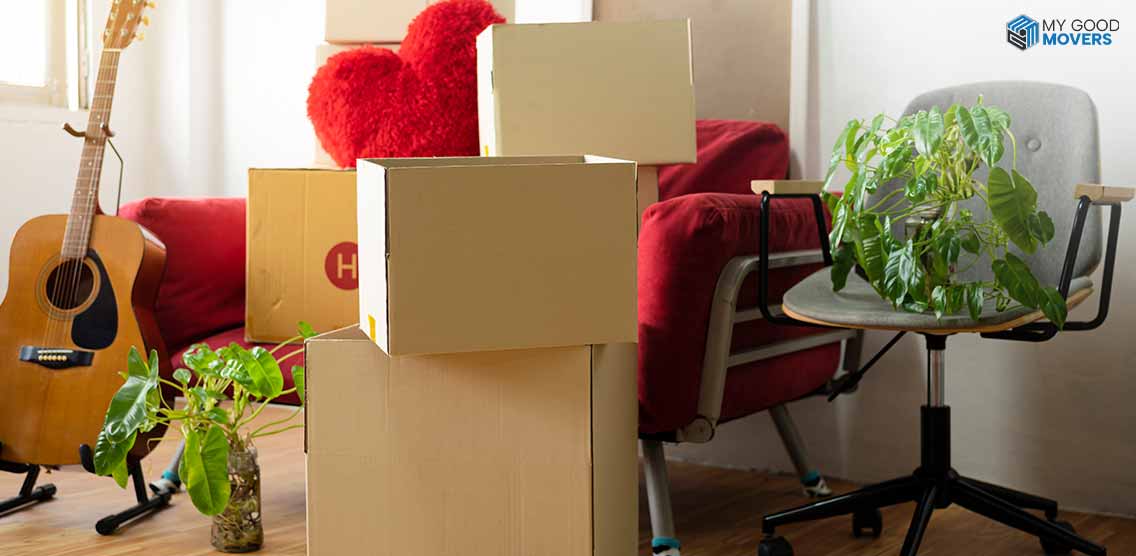




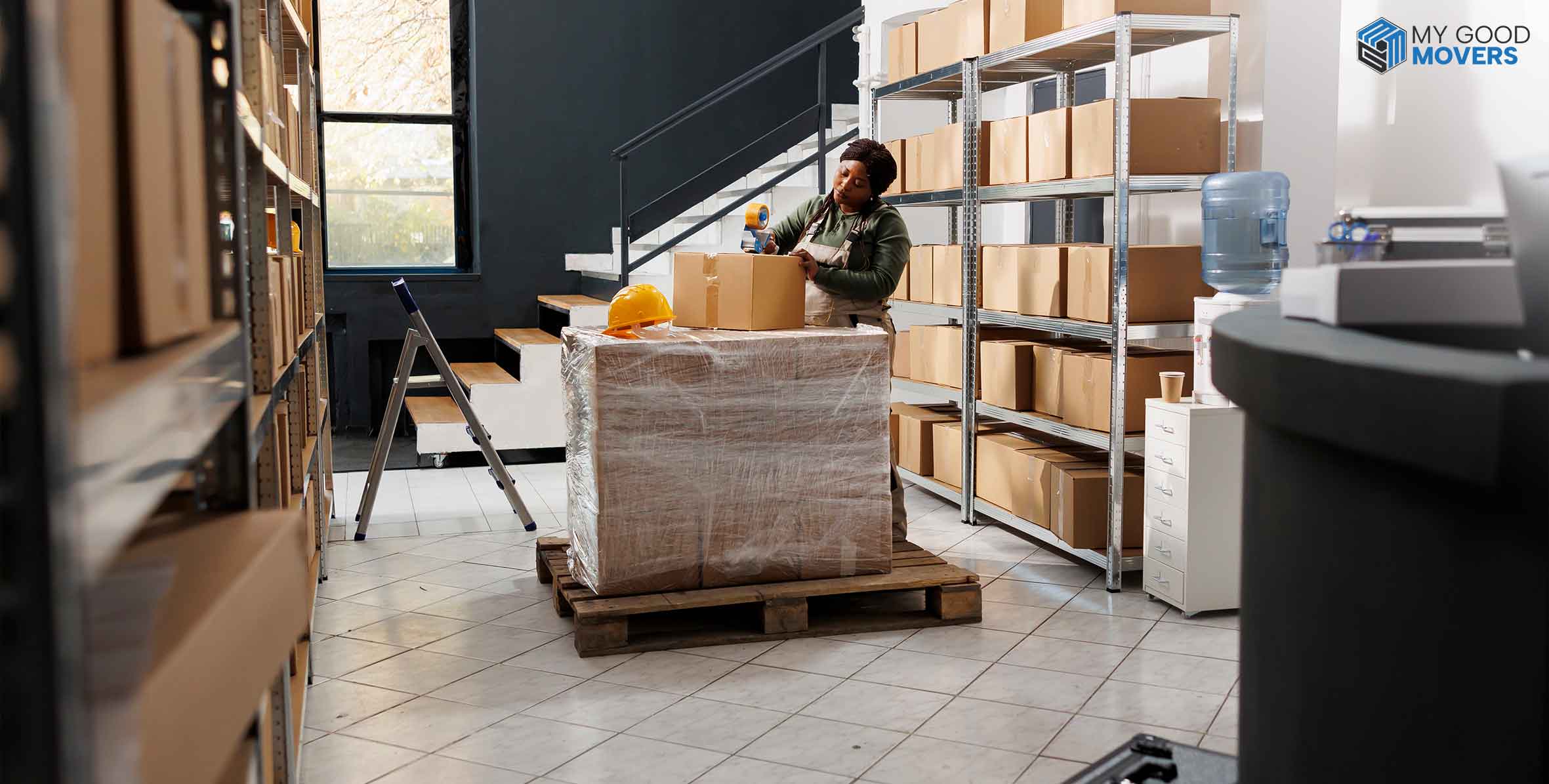











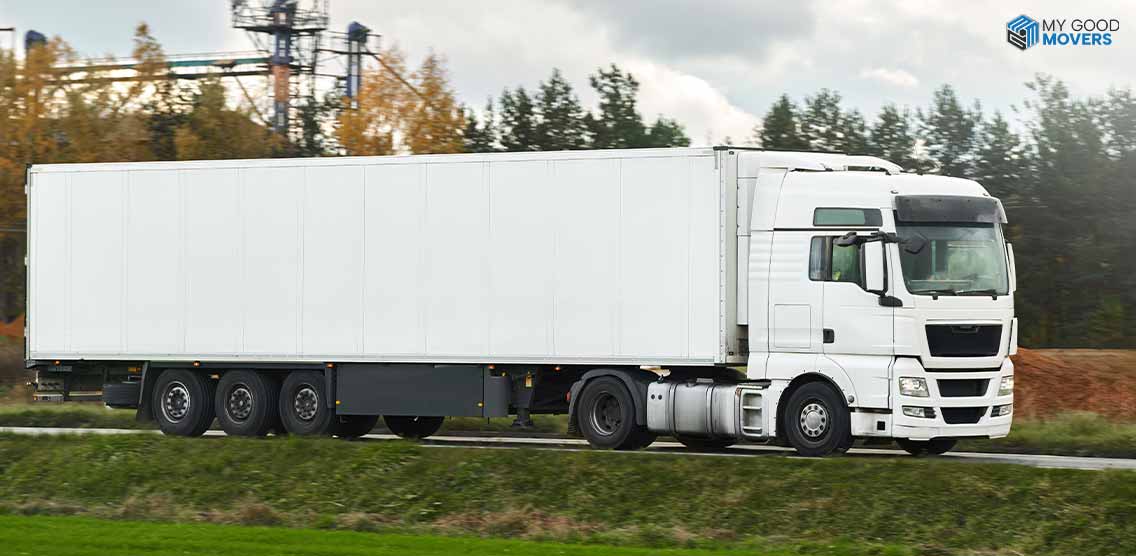





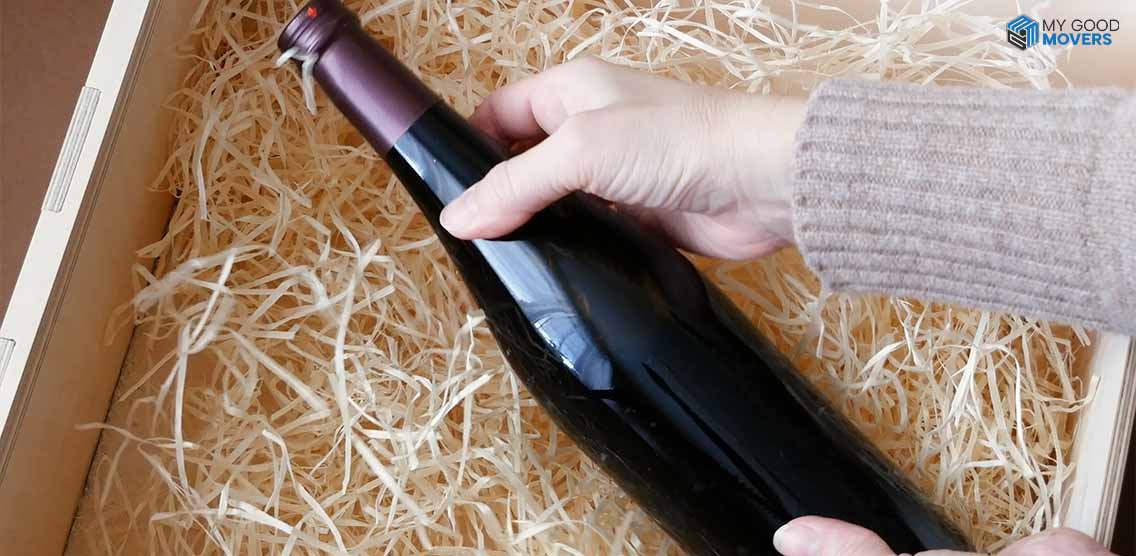
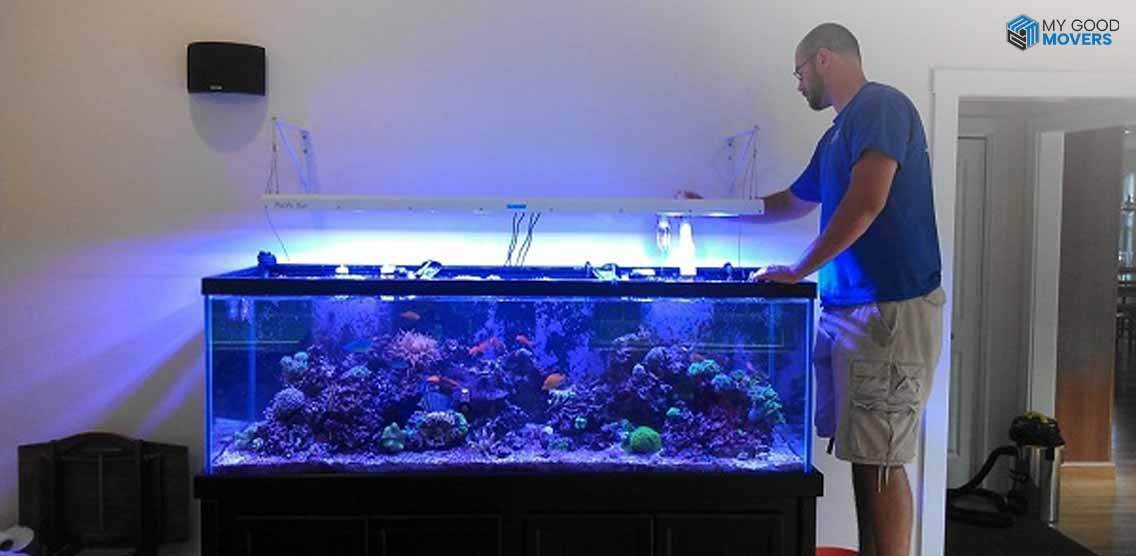
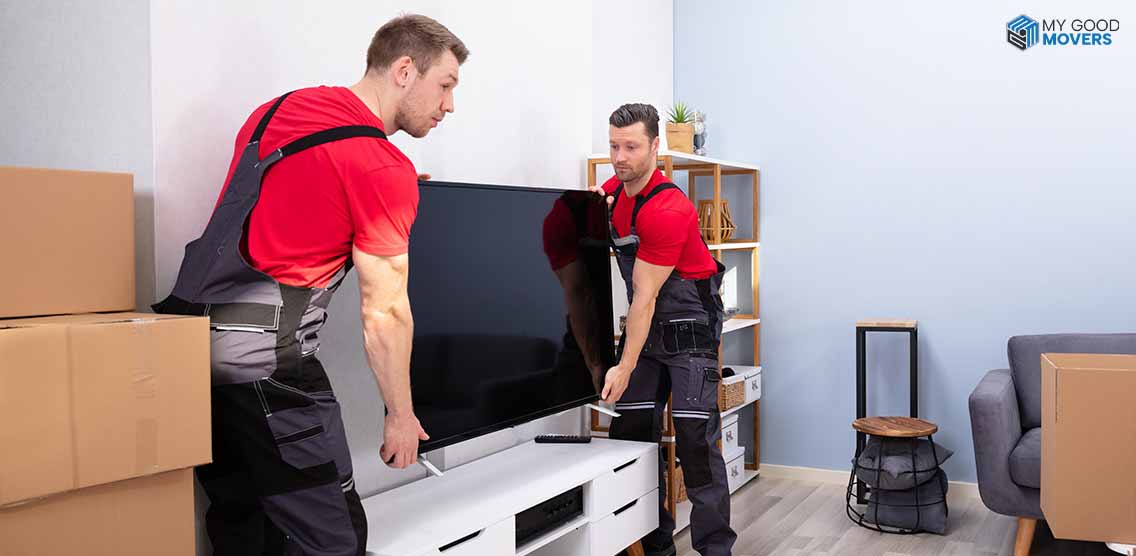





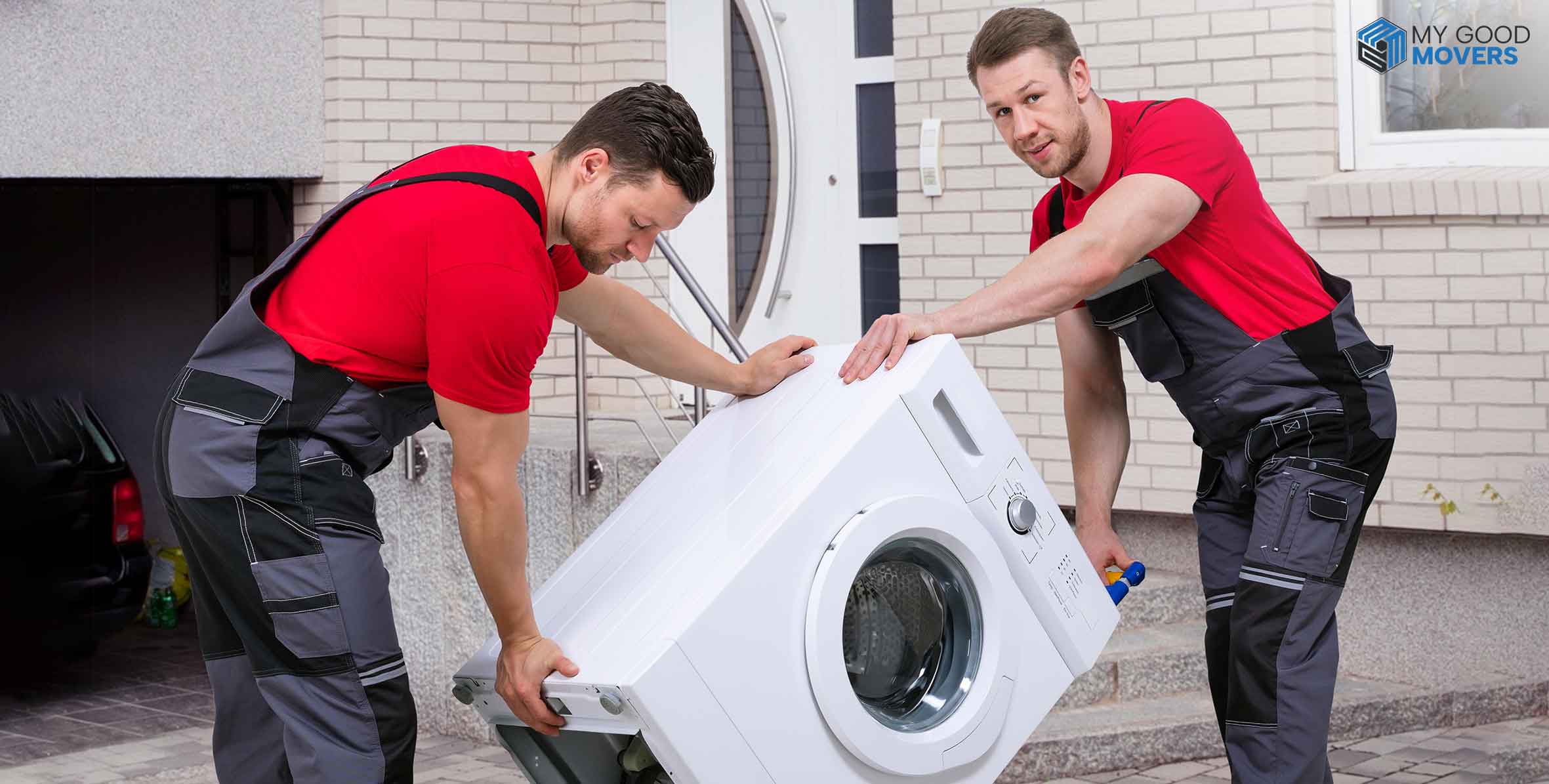





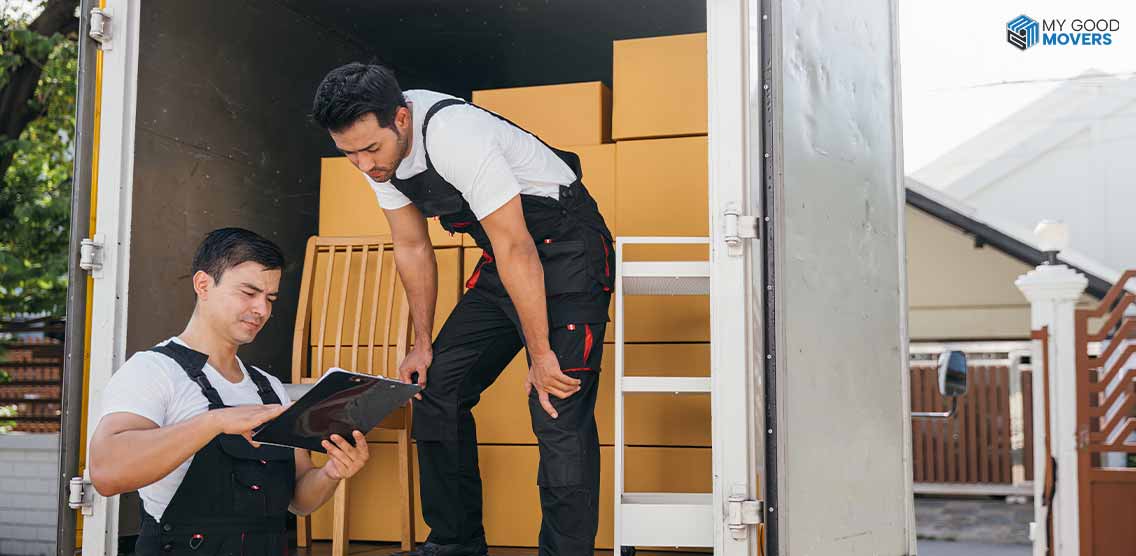

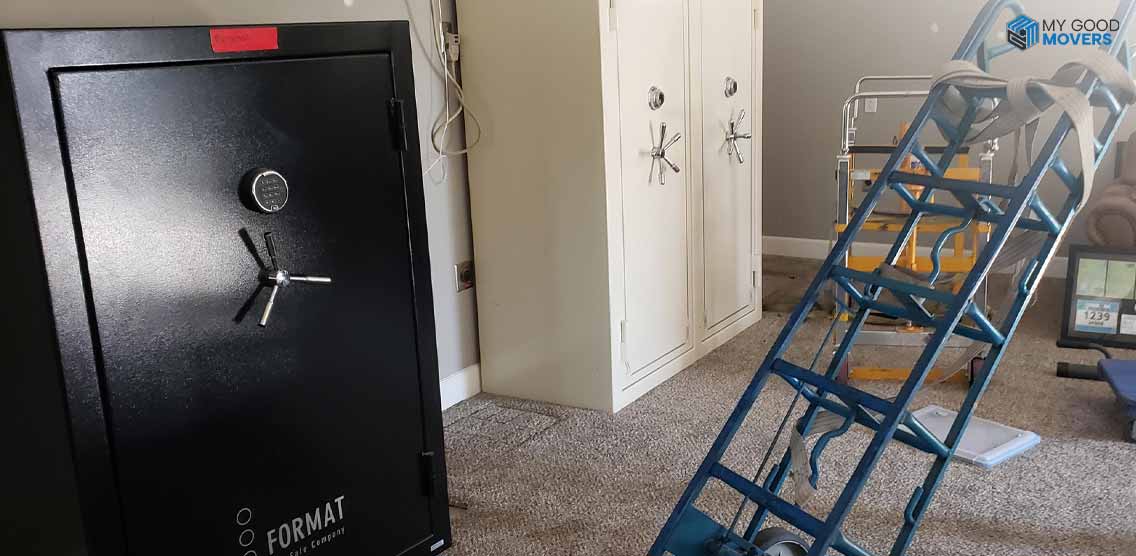









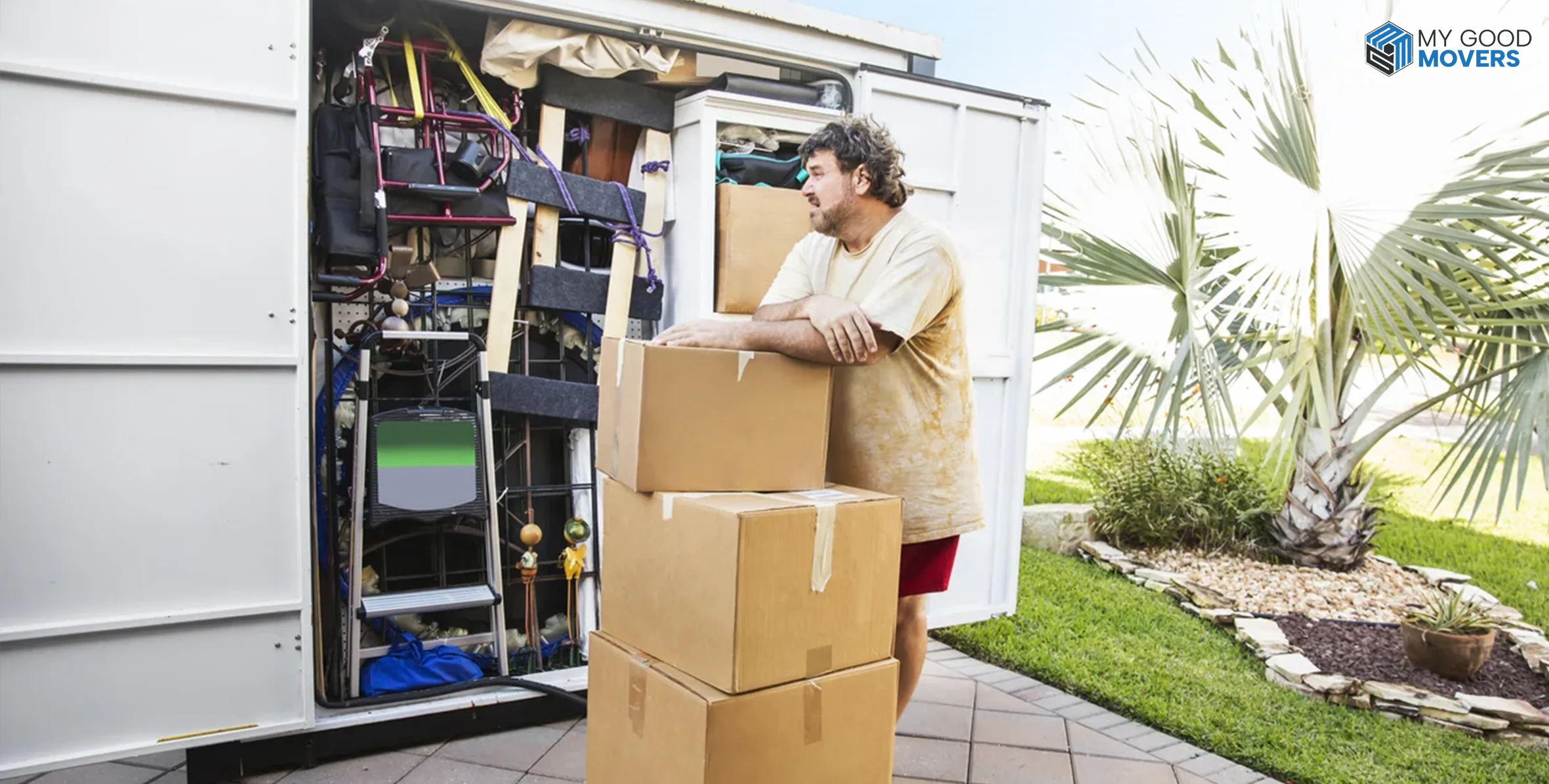
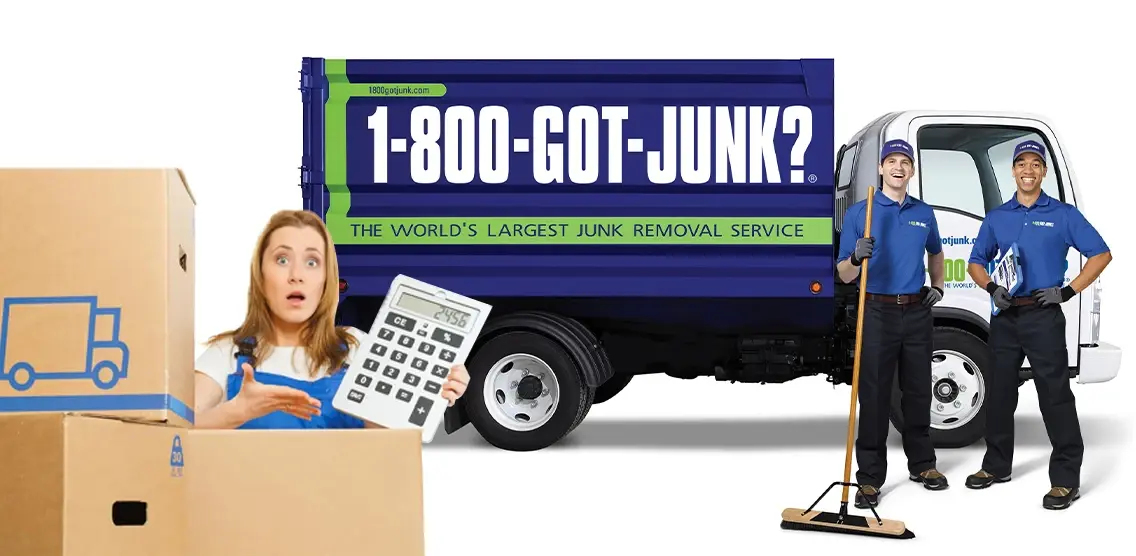
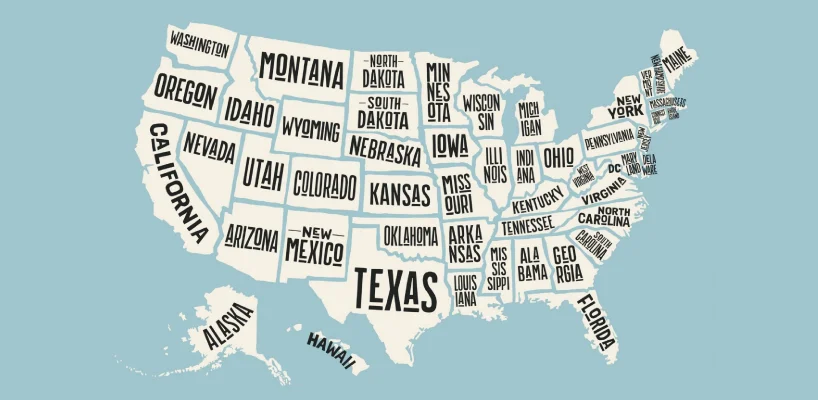

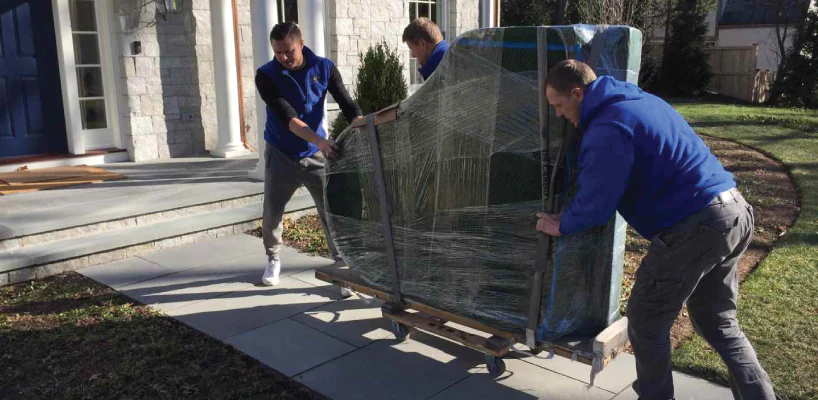



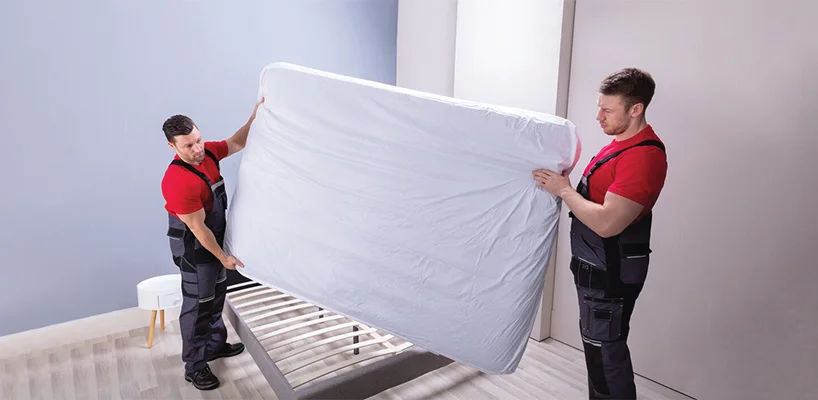
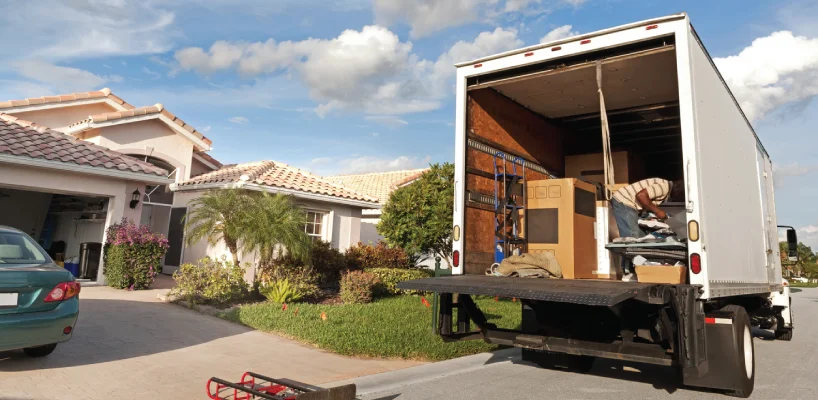
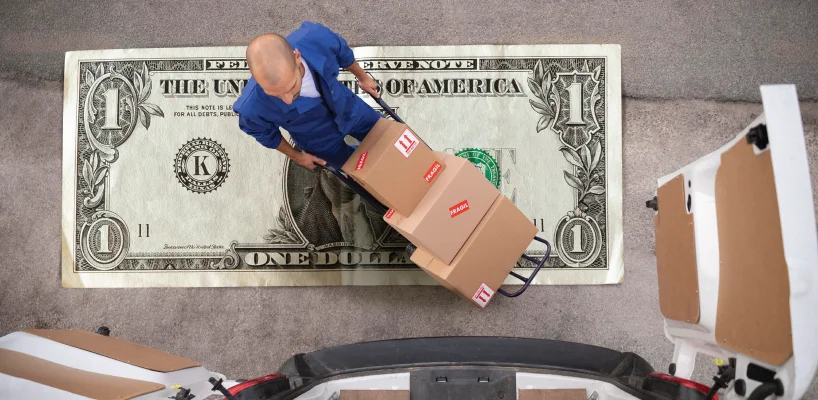

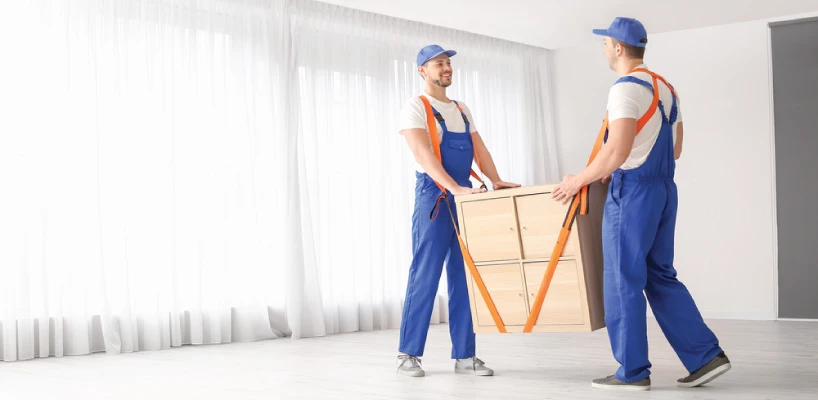

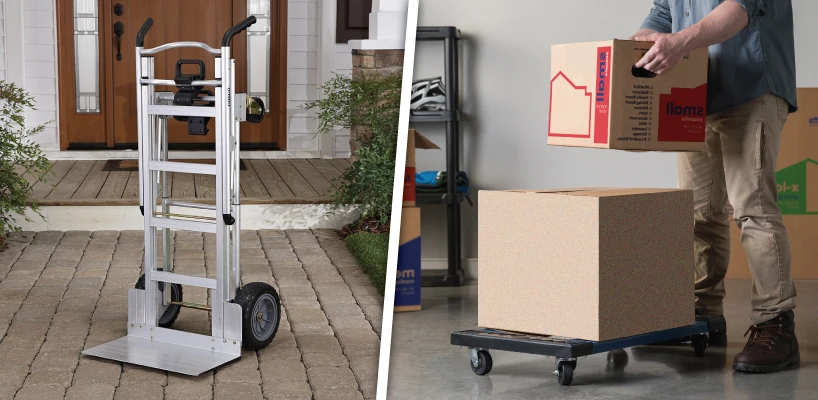
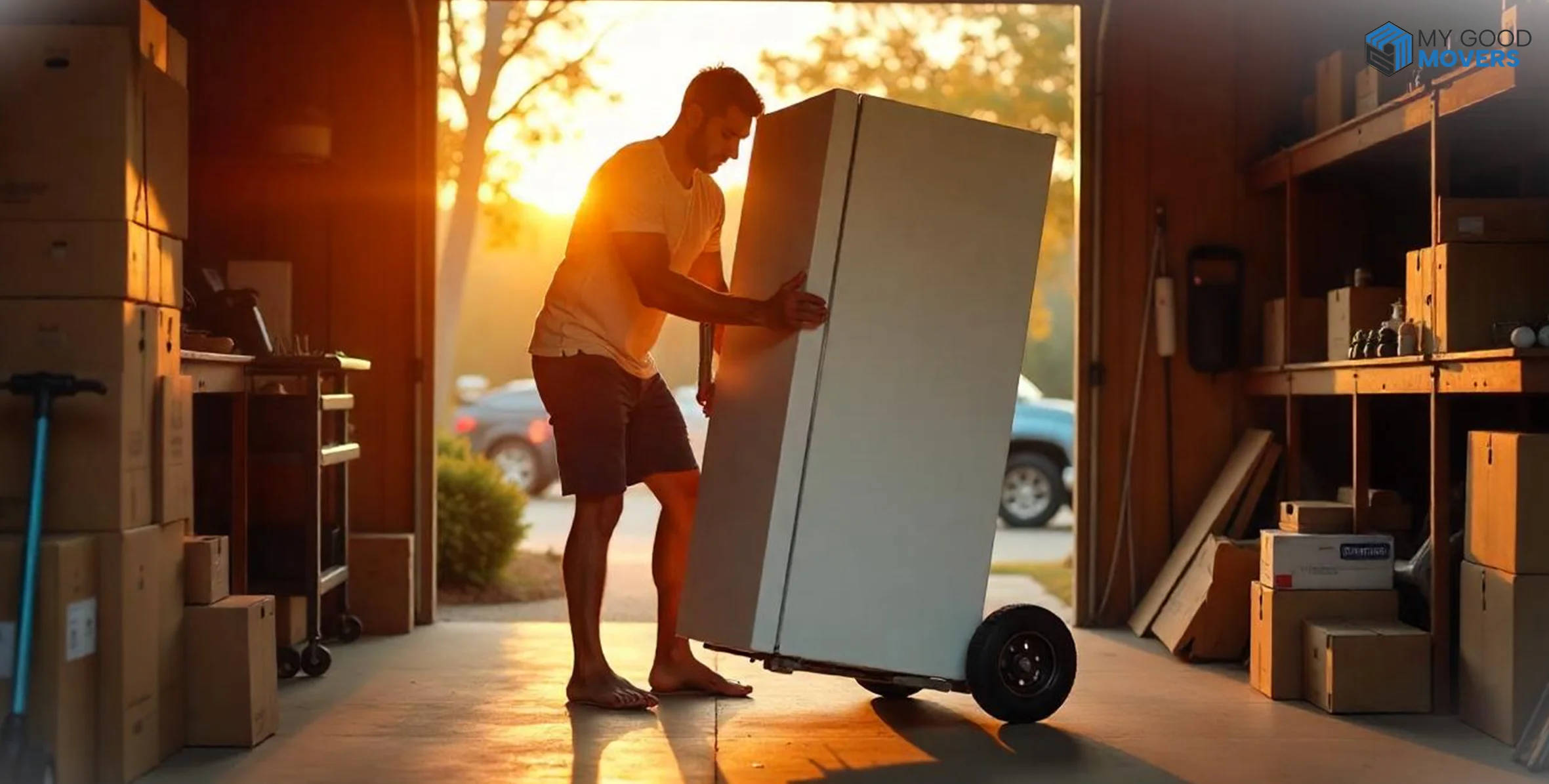
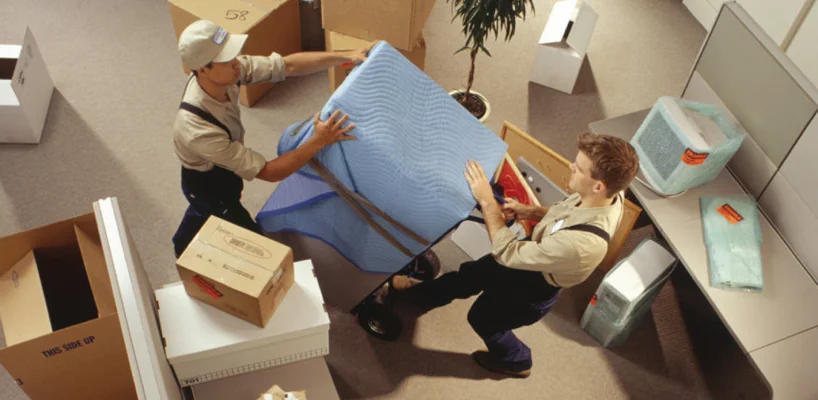


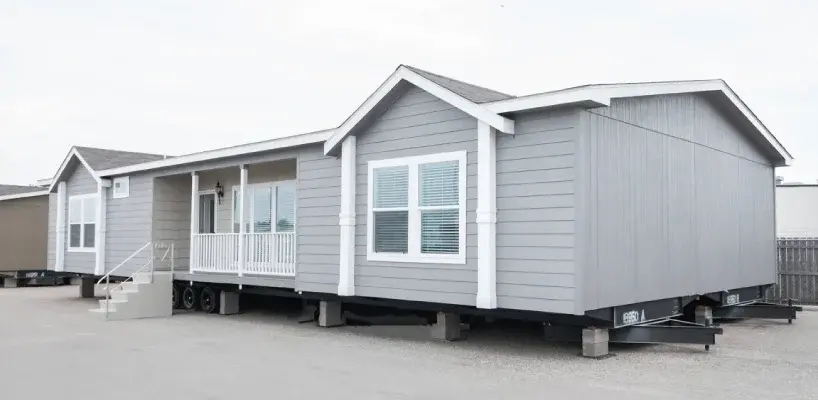


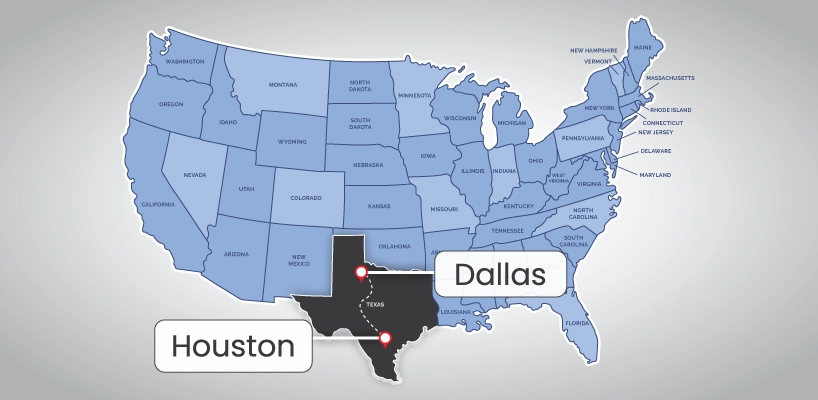


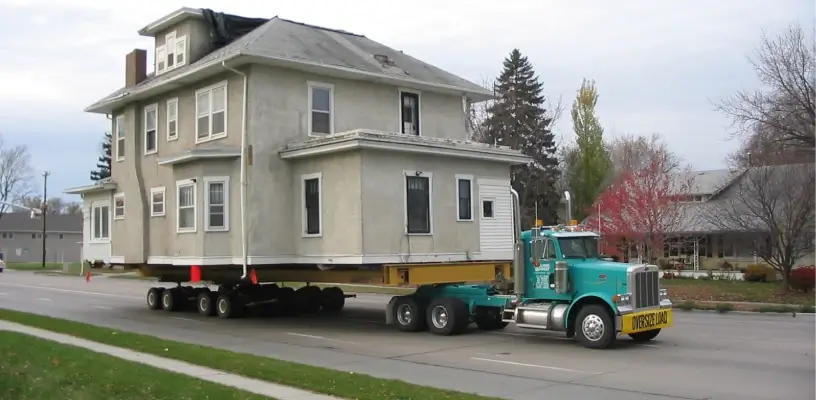
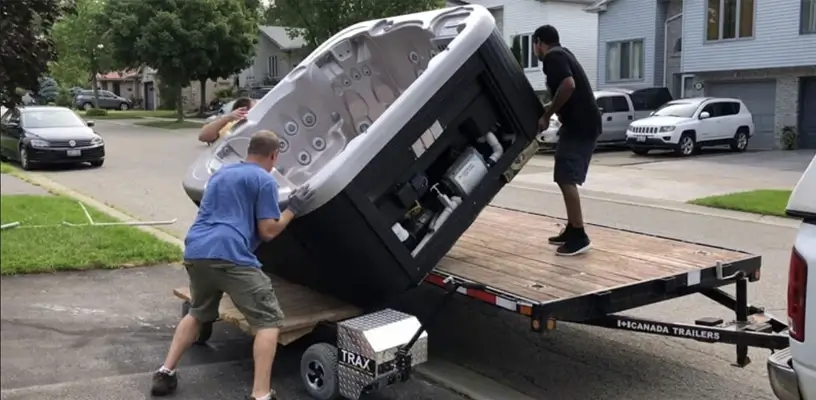




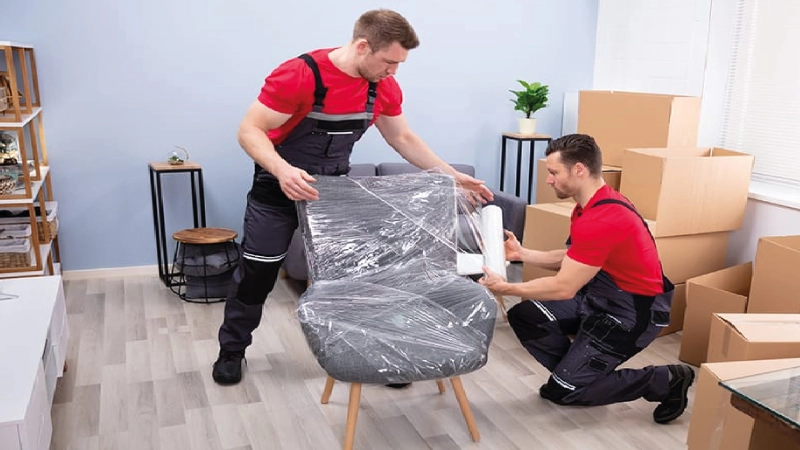

 (239) 799–6077
(239) 799–6077